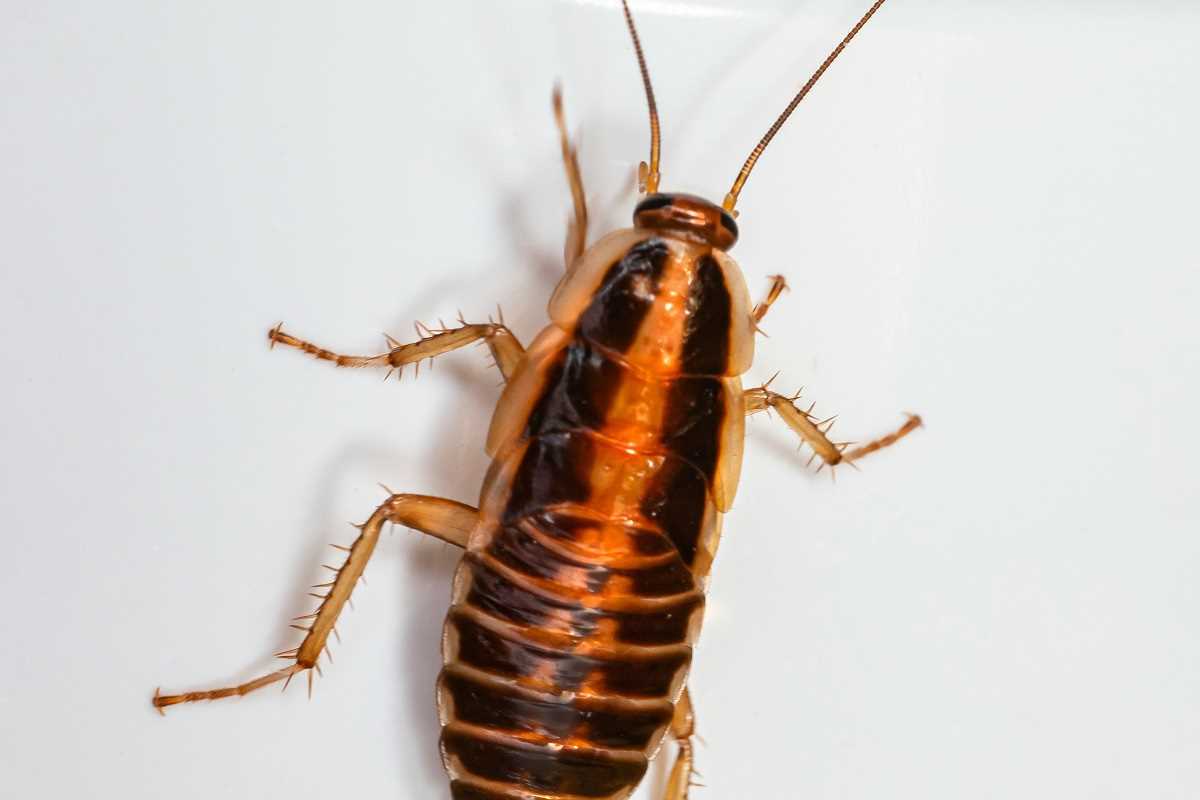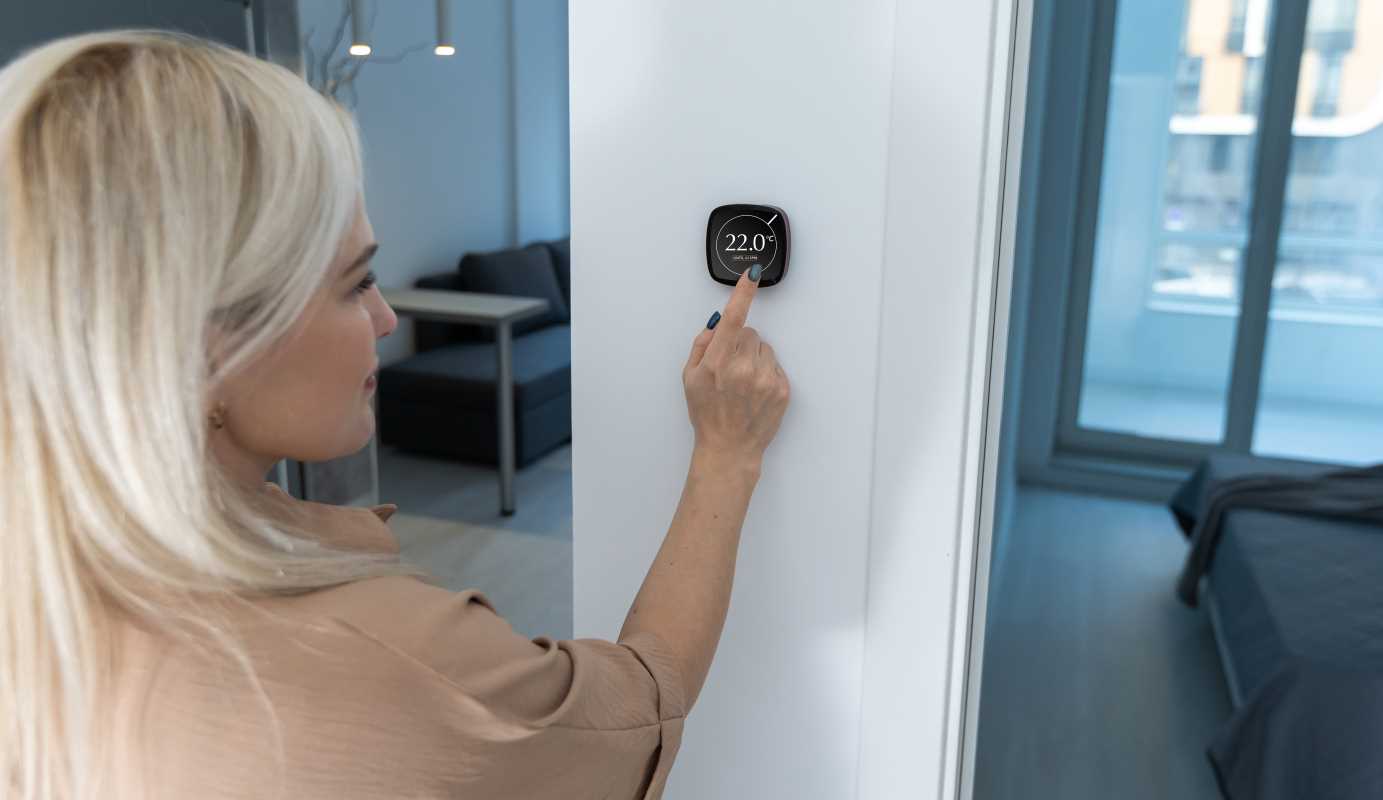Keeping your home free from insects can feel like a never-ending battle, but with the right strategies, you can significantly reduce the risk of infestations. Whether it's ants in the kitchen, mosquitoes in the living room, or spiders in the basement, a systematic approach can help you maintain an insect-free environment. Here are the best ways to insect-proof your home, focusing on prevention, cleanliness, deterrents, and maintenance.
Seal Entry Points
Insects often enter homes through small cracks and gaps, so sealing these entry points is a crucial first step.
- Inspect and Repair: Regularly inspect your home's exterior for cracks in the foundation, gaps around windows and doors, and any other potential entry points. Use caulk or weatherstripping to seal these openings.
- Screen Doors and Windows: Ensure that all screens are intact and fit snugly. Repair or replace any that have holes or tears promptly.
- Chimney and Vents: Install mesh screens over chimneys and external vents to prevent insects from entering through larger openings.
Maintain Cleanliness
A clean home is less attractive to insects, as it reduces the availability of food and nesting sites.
- Kitchen Hygiene: Keep kitchen surfaces clean and free of crumbs. Store food in airtight containers and wipe down surfaces regularly. Don't leave dirty dishes overnight, and take out the trash frequently.
- Bathroom Cleanliness: Keep bathrooms dry and clean, as moisture attracts insects like silverfish and cockroaches. Fix leaky faucets and ensure good ventilation to reduce humidity.
- Basement Tidiness: Basements can be damp and cluttered, providing ideal conditions for insects. Use a dehumidifier to control moisture and organize items to keep floors clear.
Use Natural and Chemical Deterrents
Deterrents can be an effective way to keep insects at bay.
- Natural Deterrents: Use essential oils such as peppermint, eucalyptus, or tea tree oil. These can be mixed with water and sprayed around entry points or areas of concern.
- Chemical Deterrents: Consider using insecticides or repellents for more persistent problems. Be sure to follow instructions carefully and keep them out of reach of children and pets.
Focus on Specific Areas
Certain areas of the home require extra attention to prevent insect infestations.
- Kitchens: Regularly clean behind appliances, and ensure that cabinets and pantry areas are organized. Consider using bay leaves or cloves in cupboards as natural deterrents.
- Bathrooms: Regularly check for mold and mildew, which can attract insects. Use mold-resistant paint in areas prone to moisture.
- Basements and Attics: These areas often go unchecked. Set up traps or use deterrents in corners and along walls where insects are likely to travel.
Proper Waste Management
Insects are drawn to waste, so proper management is essential.
- Indoor Waste: Use trash cans with tight-fitting lids and empty them regularly. Clean the bins to prevent odors and residue that attract pests.
- Outdoor Waste: Keep outdoor bins away from the house and ensure they are sealed. Regularly clean the area around the bins to remove spills or debris.
Landscaping and Exterior Maintenance
The exterior of your home plays a significant role in preventing insect entry.
- Trim Vegetation: Keep shrubs, trees, and plants trimmed back from the house to eliminate pathways for insects.
- Yard Maintenance: Remove standing water and debris from the yard. Mosquitoes breed in standing water, so regularly check for and eliminate any stagnant puddles or containers.
- Mulch Management: Use mulch sparingly, and keep it at least 18 inches from your home’s foundation as it can be a haven for pests.
Regular Inspections and Maintenance
Routine checks can help catch potential problems early.
- Seasonal Inspections: Check your home at the start of each season for signs of insect activity. Pay attention to doors, windows, and any repairs that might be needed.
- Professional Help: Consider hiring pest control professionals for regular inspections, especially if you live in an area prone to infestations. They can offer advice and treatments tailored to your specific needs.
Insect-proofing your home requires a blend of vigilance, cleanliness, and preventive measures. By sealing entry points, maintaining a clean environment, using deterrents, and focusing on high-risk areas, you can significantly reduce the risk of infestations. Regular inspections and proper waste management further ensure that your home remains a sanctuary from unwelcome pests. With these strategies, you'll be well on your way to creating a comfortable, insect-free environment for you and your family.
 (Image via
(Image via





